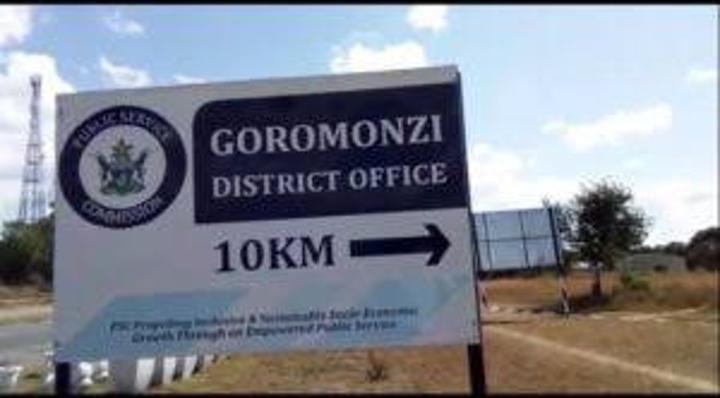Africa-Press – Zimbabwe. COMMUNITY members in Yafeli village, Goromonzi, have called for urgent action from local authorities to address the serious degradation of natural ecosystems caused by rapid urbanisation and human activities.
The call was made at a training sessions conducted recently by the Community Water Alliance (CWA), a civil society organisation focused on enhanced environmental sustainability and water security issues, especially around mining areas.
Trainers highlighted the critical connection between environmental health, water security and climate change. With the area’s natural ecosystems under threat, especially around the Kunzvi and Chinyika dams, CWA trainers encouraged villagers to engage in sustainable practices and rehabilitation efforts.
“Improving water security is essential, particularly as lithium mining activities increase,” CWA executive director Hardlife Mudzingwa said during the training session.
“We must ensure that these mining companies are held accountable for their environmental impact and that local communities equitably benefit from these resources.”
Local development organisations’ representatives echoed the same sentiments, emphasising the need for a more structured approach to rural planning and equitable land allocation.
“We are committed to addressing the challenges of equitable land allocation, serious waste management and invasive species around our wetland areas,” Darlington Mutakura from Simukai Residents Trust, ward 16, said on the sidelines of the training session.
He, however, indicated that there was a need for strengthened community support to implement effective solutions.
During a field visit, participants observed the alarming state of local wetlands, littered with waste materials such as pampers and overrun by invasive plant species.
“Wetlands are vital for our biodiversity and water quality,” another resident, Mary Nyadome, said. “We need immediate action to remove waste and restore these critical habitats.”
The community called for serious collaboration between the rural district council and the Environmental Management Agency to tackle these issues systematically.
Specific recommendations from the training included the removal of weeds, effective waste collection and the revegetation of disturbed areas to restore ecological balance.
For More News And Analysis About Zimbabwe Follow Africa-Press






